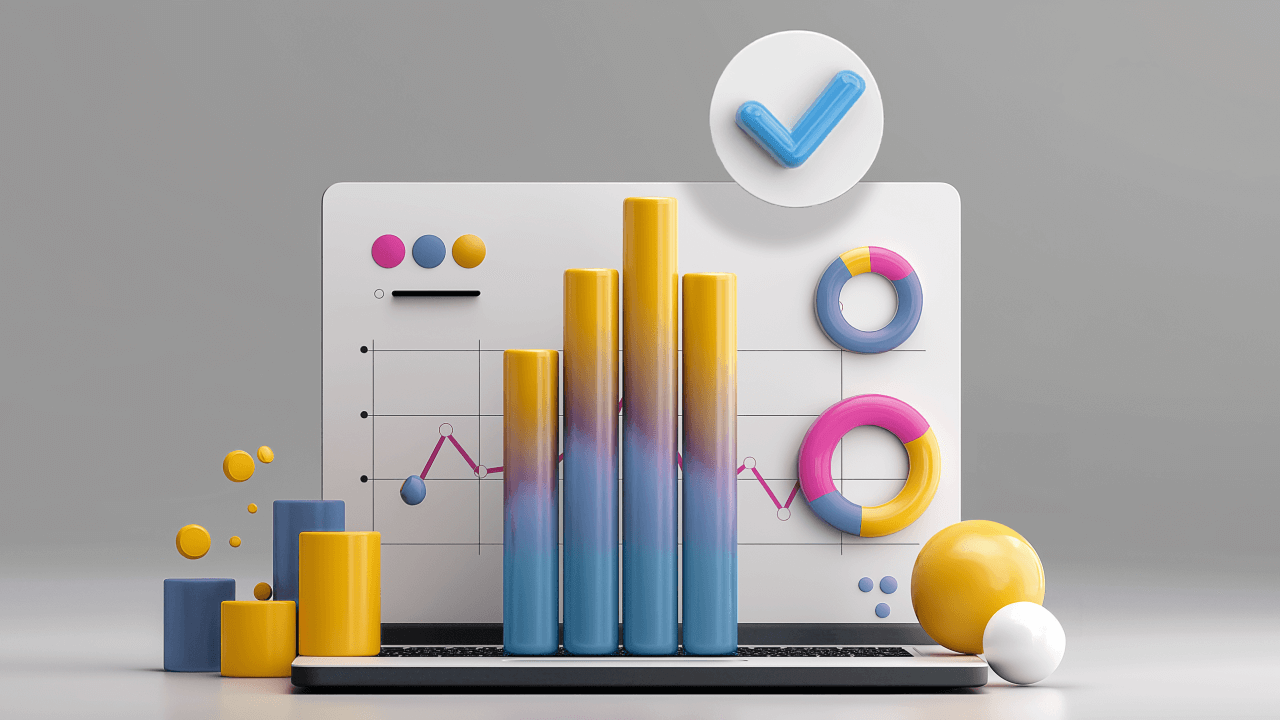Choosing the right reporting software for business intelligence for your SMB

While few would doubt that having access to valuable, actionable data is critical in this day and age, the abundance of data and information out there can make it difficult to know where to look for the best insights.
Every year sees more software companies enter the arena with new types of business intelligence software, all promising significant gains in the way data is analyzed and presented.
For most small to medium-sized businesses (SMBs), choosing the wrong type of reporting software can have a negative effect on not only their bottom line but also their overall productivity levels.
In this article, we’ll look at some key things you should look for in business intelligence software and also some types of reporting software you should avoid. We will answer some of the top questions business owners ask, including:
- Why use reporting software in your business?
- What are some different types of reporting software?
- How do I choose the right reporting software for my business?
- How can I implement reporting software effectively in my organization?
Read on to find out how you can ensure you’re using business intelligence software to its best effect today.
Domo transforms the way these companies manage business.








